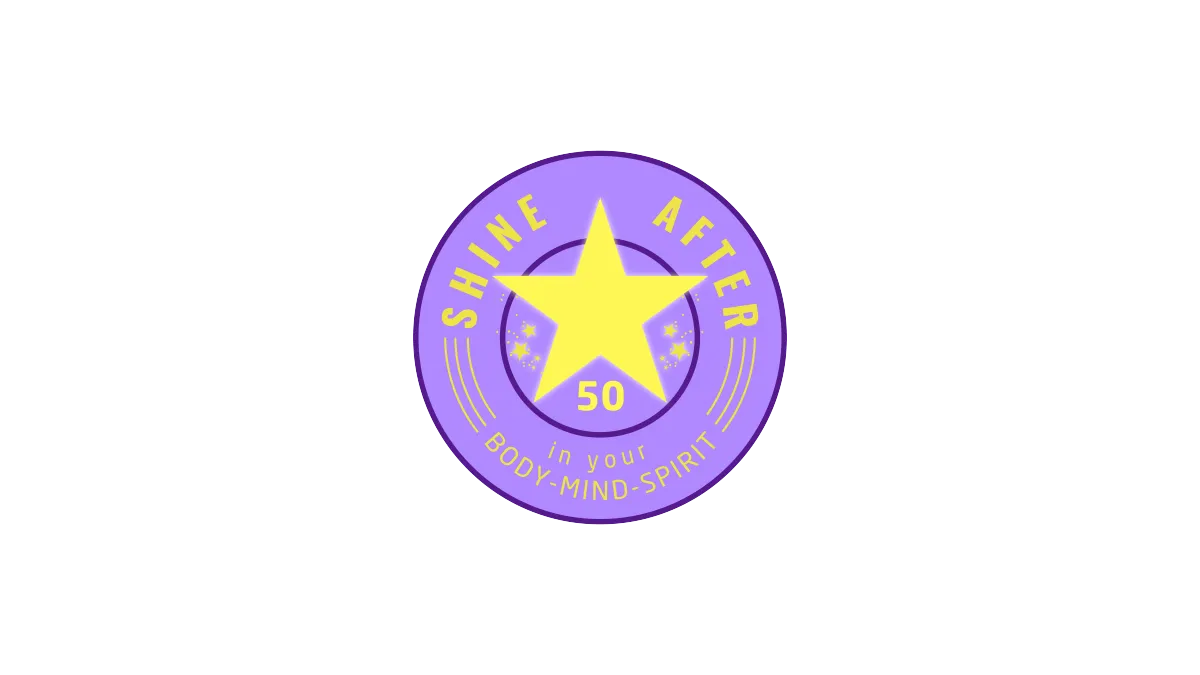
Panaceas and Perfect People Do Not Exist
No Single Lifestyle Factor is a Panacea and No Practitioner is Perfect, But Still Make Exercise a Priority!
I may be guilty of having a Pollyanna approach when I extol the virtues of exercise, eating nutrient-dense foods, walking 10,000 steps, and getting quality sleep every night to become healthy, especially after age 50.
For example, some people might think in my book, Gentle Yoga After 50: Get Fit, Flexible, and Feel Fantastic, that I characterize gentle hatha yoga to be almost like a wondrous elixir capable of treating numerous physical challenges and helping to create a totally charmed and fantastic life.
And yes, my experience has been that gentle hatha yoga, rebounding, walking, and other forms of exercise when practiced carefully and wisely can create amazing results and improvements in your health. Yet, it is important to stress that no single form of exercise is a panacea nor do all exercise experts lead perfect lives or reach a healthy 100 years of age.
My advice is “no pain is gain” with gentle yoga and every other physical activity that I pursue. It's always important to listen carefully to your body and heed its messages and warnings when engaged in physical activity.
One time I attended a party in which the attendees were fixated on discussing the woes of getting older (not a topic I recommend). One woman brought up running as an aid in staying youthful and fit. She questioned the sanity of the runner, Jim Fixx, who for years had seemed the epitome of fitness and health and had been credited by many as spearheading the running and jogging craze of the 1960s, 70s, and 80s. Yet, at age 52, this running guru and author of the bestseller The Complete Book of Running, died of a massive heart attack on one of his runs.
Critics and especially people who wanted an excuse not to exercise said "See, running can be dangerous!" or "Running didn’t stop him from dying young."
The latter is true, but I learned later is that before he started running, Jim Fixx had been overweight and smoked two packs of cigarettes a day for years. Once he developed the running habit, he became compulsive about it and prided himself on pushing through pain. (Never a good idea). Also, his father and grandfather died at even younger ages of heart ailments and Fixx apparently had a similar congenital defect along with plaque buildup from an unhealthy diet.
Another dramatic example of a flawed expert arose when I was working on the first edition of my yoga book. Inspired by the amazing results that Marcia Moore, a yoga instructor featured in author Jess Stearn's book, Yoga, Youth, and Reincarnation (one of two key books I read to teach myself yoga at age 15) had achieved for herself and her students, I tried to track her down. Because of her healthy lifestyle from yoga, I figured she was a healthy 70-something by then and I wanted to interview her.
Well, sad to say, this seeming epitome of a healthy yoga lifestyle—at least back in the late 1960s and early 70—had died an untimely, shocking death years earlier at age 50. Moore eventually got into the California drug scene of that era and became seriously addicted to a hallucinogenic drug. One cold day, she disappeared into some remote woods. Two years later, her bones were found. The cause of her death remains an unsolved mystery.
Clearly, the wonderful results Marcia Moore gained from yoga earlier in her life did not guarantee that her later years would be fantastic. One never knows about the private lives of yoga or other fitness instructors or anyone else.
No exercise expert is perfect nor is there a particular form of exercise or single lifestyle factor that will guarantee optimal health to age 100 or beyond. But regular exercise will help you to improve the quality of your life for today. Select an exercise practice (or several) that you enjoy and engage in it regularly. And be wise.
